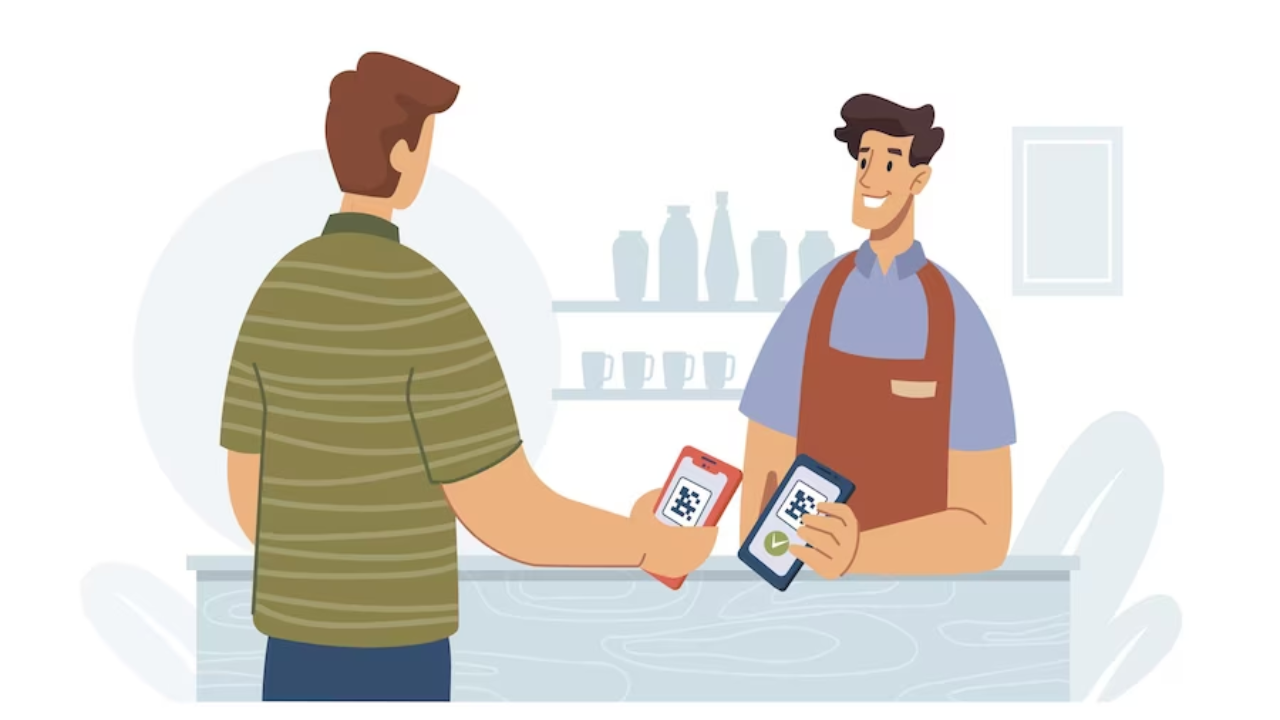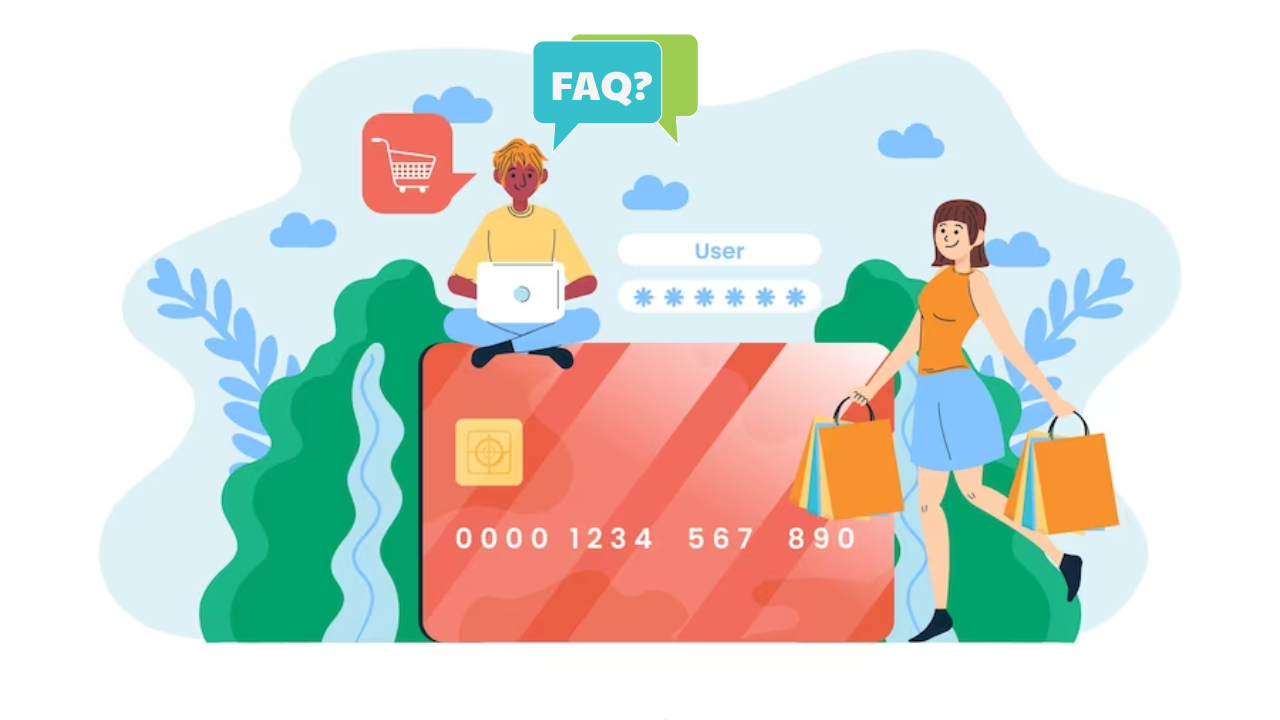The Ultimate Guide to Payment Gateways
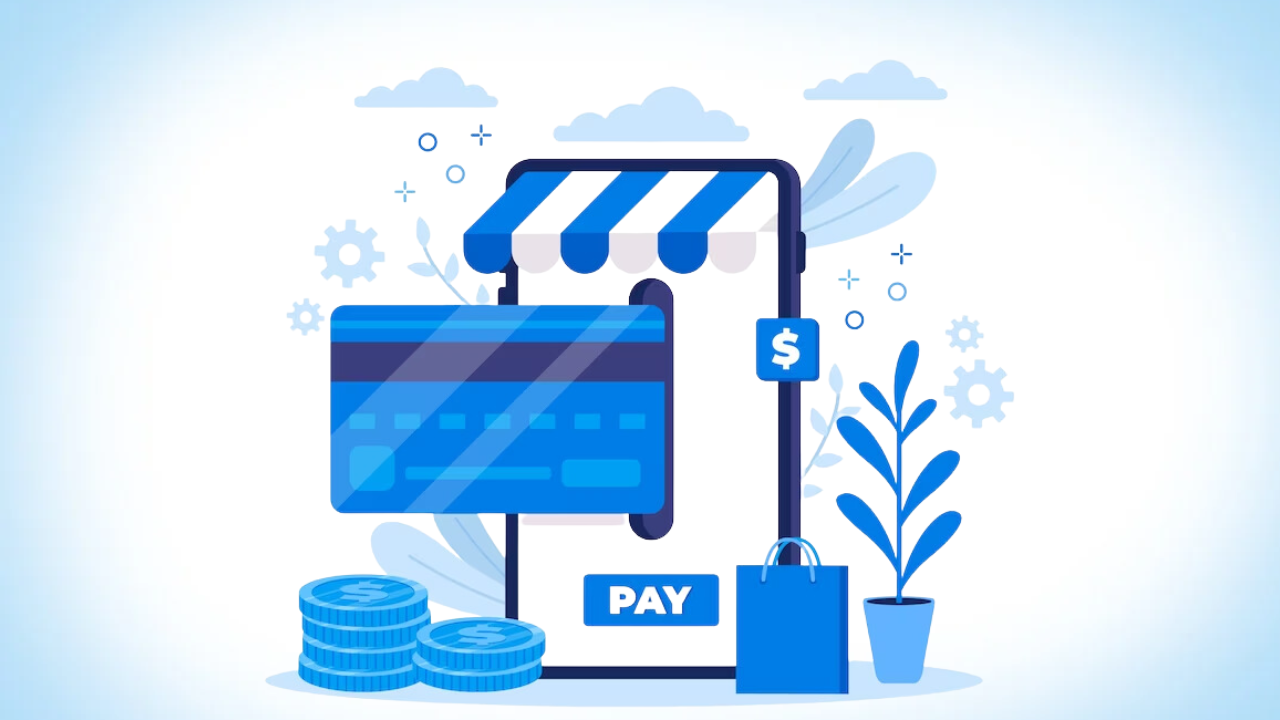
In this post, we discuss payment gateways and their significance for businesses. We will offer an in-depth review of what a charging gateway is, how it works, and why it is vital for businesses that receive online payments. We will even discuss the various fees payment gateways charge, different types, and how they differ.
What is a Payment Gateway?
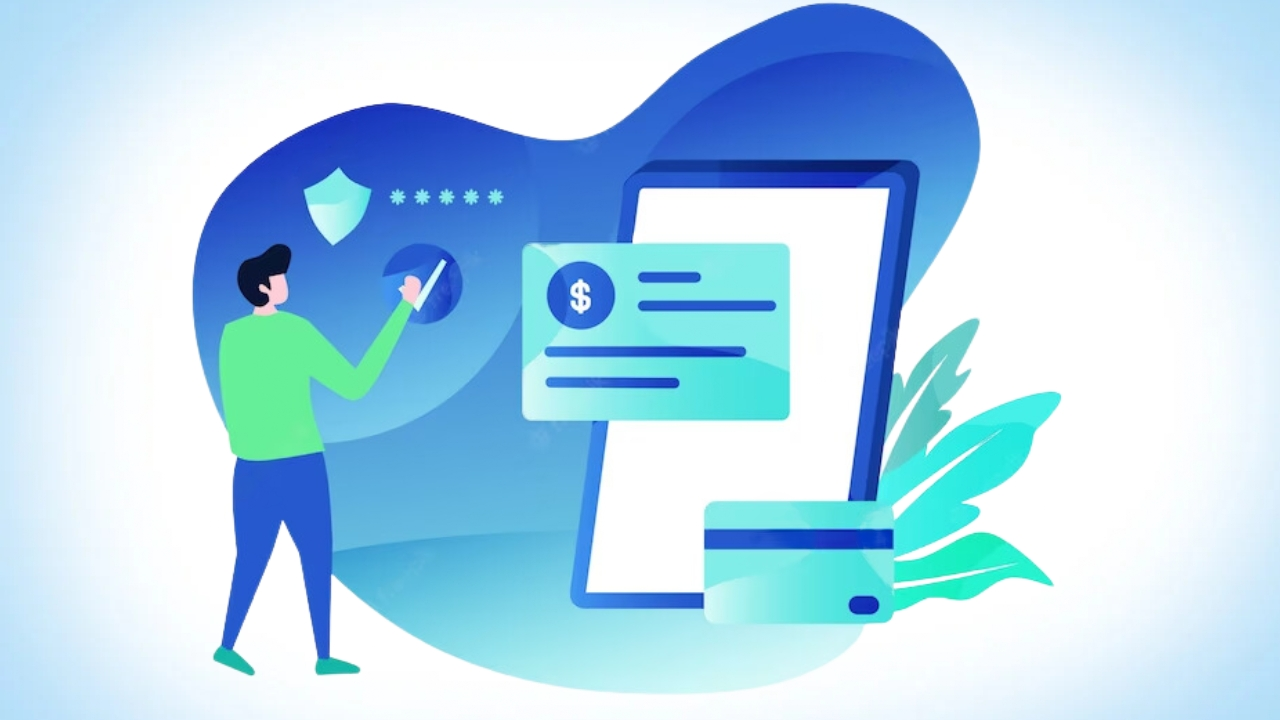
A payment gateway is the technology used by merchants to accept debit or credit card purchases from customers. The term includes not only the physical card-reading devices found in brick-and-mortar retail stores but also the payment processing portals found in online stores. From a technical standpoint, a payment gateway is the service that sends all of your credit card transactions to your credit card processors. It's like an online version of a POS (Point of Sale) terminal. It securely transmits the data from the customer's card (entered either online or at an offline terminal) to the merchant processor.
What is a Merchant Processor?
A merchant processor, also known as a merchant services provider or simply a payment processor, is a company that manages transactions for merchant businesses. This service allows businesses to accept payments via credit, debit, or other digital payment methods. So, the relationship between the two is that the payment gateway transmits the payment data and the merchant processor processes the transactions. Both are crucial for any online (or offline) store to be able to accept card or digital payments. They work together to facilitate the entire lifecycle of a transaction, from initial authorization to final settlement of payment.
It is a stable intermediary between the business, the purchaser, and the company that processes the fee. When a client purchases online, the payment gateway encrypts their credit card information and sends it to the provider group for processing. Once the charge is authorized, the gateway returns the transaction to the service provider, and the funds are transferred to their account.
How Does a Payment Gateway Work?

How Does Payment Gateway Works For A Merchant Processing Company?
Transaction Initiation: A customer decides to make a purchase from a merchant's website. They put their items in the online cart and proceed to the checkout page.
Payment Details Capture: On the checkout page, the customer is asked to provide their credit/debit card details or other payment information. This information is captured and is ready to be sent to the payment gateway.
Encryption & Secure Transmission: The payment gateway receives this information from the merchant's website (or other interface) and encrypts the data for secure transmission. It's vital to protect sensitive information like credit card numbers.
Transaction Authorization: The payment gateway then sends the transaction data to the merchant's payment processor. The payment processor forwards the transaction information to the appropriate card association (like Visa or MasterCard), which then goes to the issuing bank for authorization.
Transaction Approval or Decline: The issuing bank will approve or decline the transaction depending on the customer's available funds and communicate this back through the same route - card association to payment processor and then to the payment gateway.
Communication Back to Customer and Merchant: Finally, the payment gateway sends the transaction approval (or denial) information back to the merchant's website. The customer sees a message that the transaction has been processed, and the merchant also knows whether the sale has been made.
Settlement of Funds: After the transaction is approved, the issuing bank will transfer funds to the merchant's bank (merchant acquiring bank) through the processor. This step is known as the settlement, and it typically happens a day or two after the transaction.
The payment gateway facilitates this entire process, providing a secure path for the transaction data to execute the online transaction making e-commerce possible. In essence, the payment gateway serves as the digital equivalent of a traditional point-of-sale terminal, enabling merchants to securely process transactions and get paid for their goods or services.
Why is a Payment Gateway Important?
A fee gateway is critical for any business that accepts online payments. It affords a steady and dependable way for corporations to accept customer bills without compromising touchy information. By using a payment gateway, businesses can also reduce the hazard of fraudulent transactions and chargebacks.
Types of Payment Gateways
There are forms of payment gateways: hosted and itergrated.
Hosted Payment Gateways
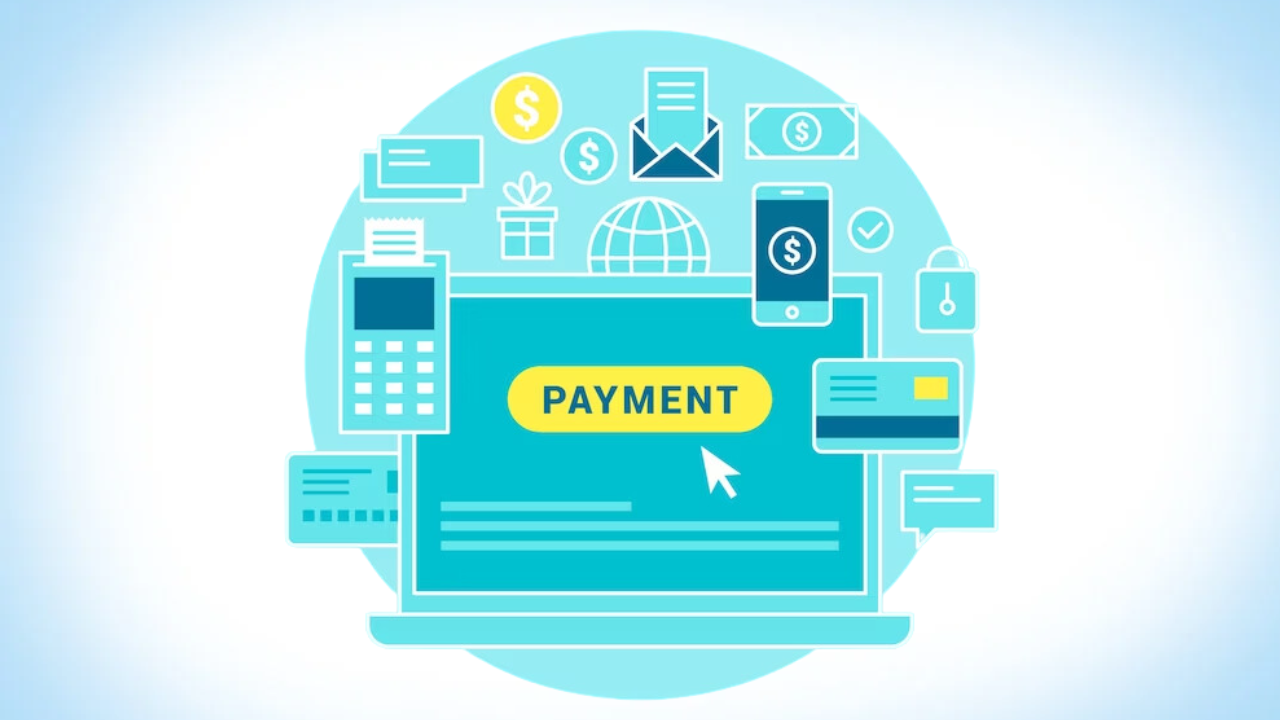
Hosted payment gateways redirect clients to a stable web page hosted by the gateway issuer to enter their payment information. This gateway type is straightforward to install and calls for no technical expertise, making it a fantastic alternative for small groups. However, hosted gateways might offer something other than the fine client enjoy as customers are redirected to an exclusive internet site to finish the transaction.
Integrated Payment Gateways
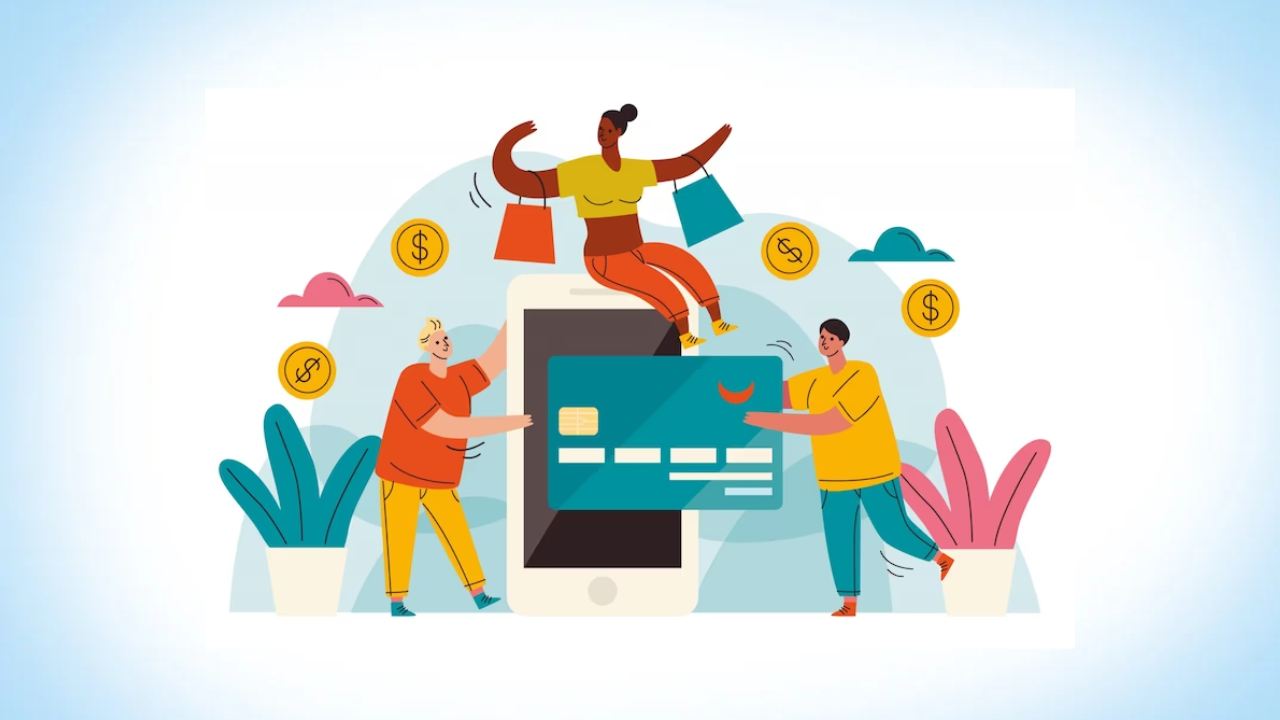
Integrated fee gateways are constructed into a businesses internet site and permit customers to finish transactions without leaving the web page. This form of gateway affords a seamless purchaser revel. However, it requires technical knowledge to set up and can be extra costly.
A payment gateway is vital to the credit card processing business. It lets businesses accept online bills securely and correctly whilst reducing the threat of fraud and chargebacks. Hosted and incorporated charge gateways are the 2 sorts of available gateways, each with advantages and downsides.
Process For Merchant Transactions To Get Approved or Denied
Encryption protects sensitive statistics consisting of credit card numbers, names, and addresses. The gateway collects this from the purchaser and sends it to the financial organization responsible for processing. The group then verifies the data and approves or declines the transaction.
Transaction Approved
Once the transaction is accepted, the gateway sends a message or signal to the service provider initiating the transaction. If the transaction is approved, the gateway transfers the funds to the service provider's account, and the method is whole.
We hope this post has helped you gain the knowledge to evaluate payment gateways and their importance in online fee processing; if you have any additional questions or need help deciding on the right payment gateway for your business, please feel free to contact us.

